
A 2-day Workshop for Youths in Federal University, Wukari
The primary goal of the event was to create a platform where students could engage in open dialogue

Women Interstate Peacebuilding Initiative (WIPI)
The role of women as peacemakers in the society cannot be overemphasised
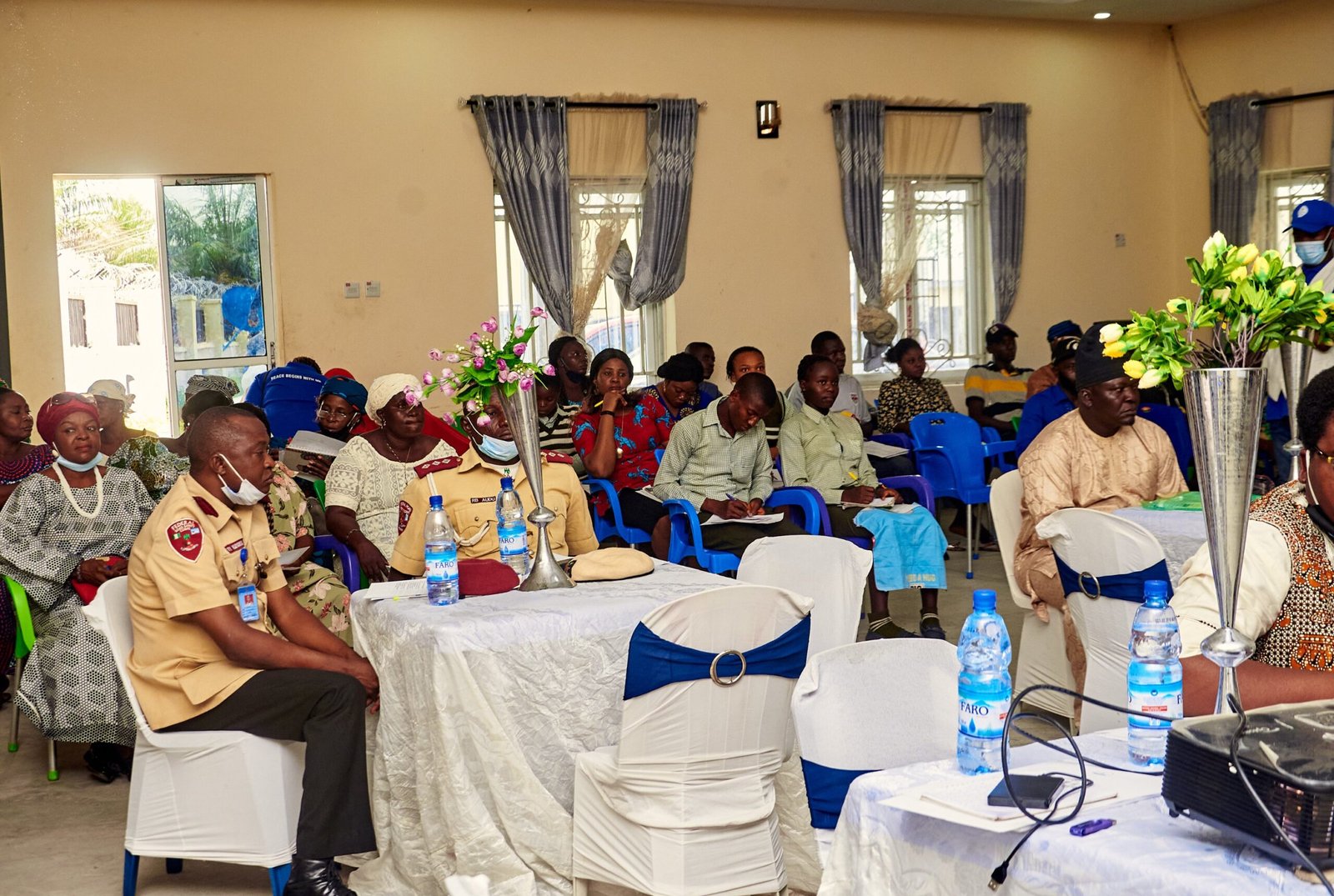
Workshop on Gender-Based Violence and Sensitization
Gender-based violence (GBV) affects the entire life cycle of women/girls
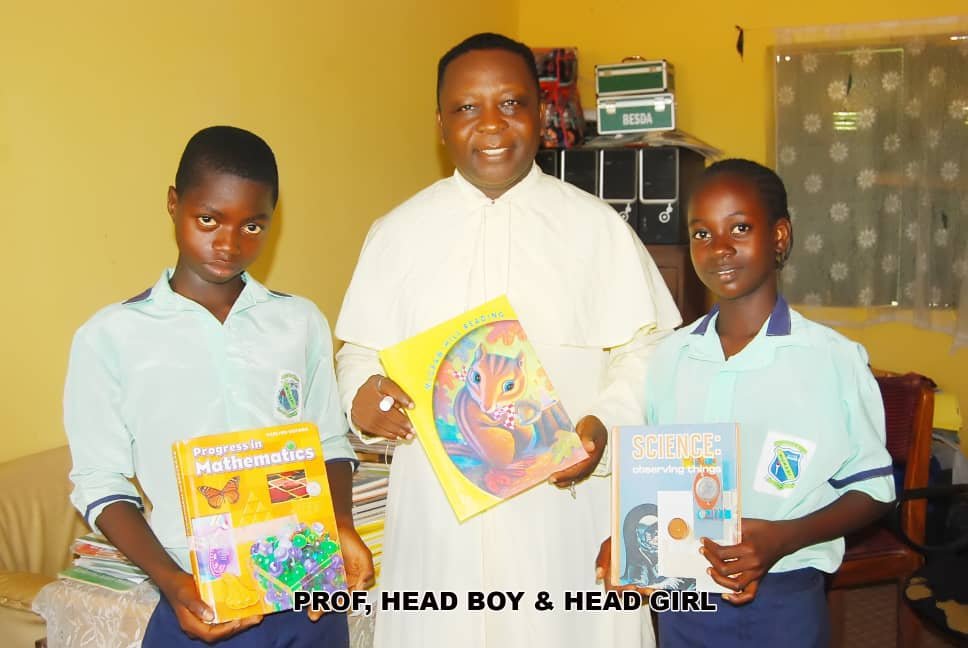
Book Donation
(FPHCM)—Nigeria recently donated books to School pupils

Taraba Marathon for Peace Talk
She organised a sports festival named ‘Taraba Marathon for Peace

Support for Social Stability and Security in Middle Belt and Northeast
In partnership with UNDP and the Taraba State Government, carried out a project

Establishment of Inter-Religious and Intercultural
The project “establishment of inter-religious and intercultural committee fostering social cohesion
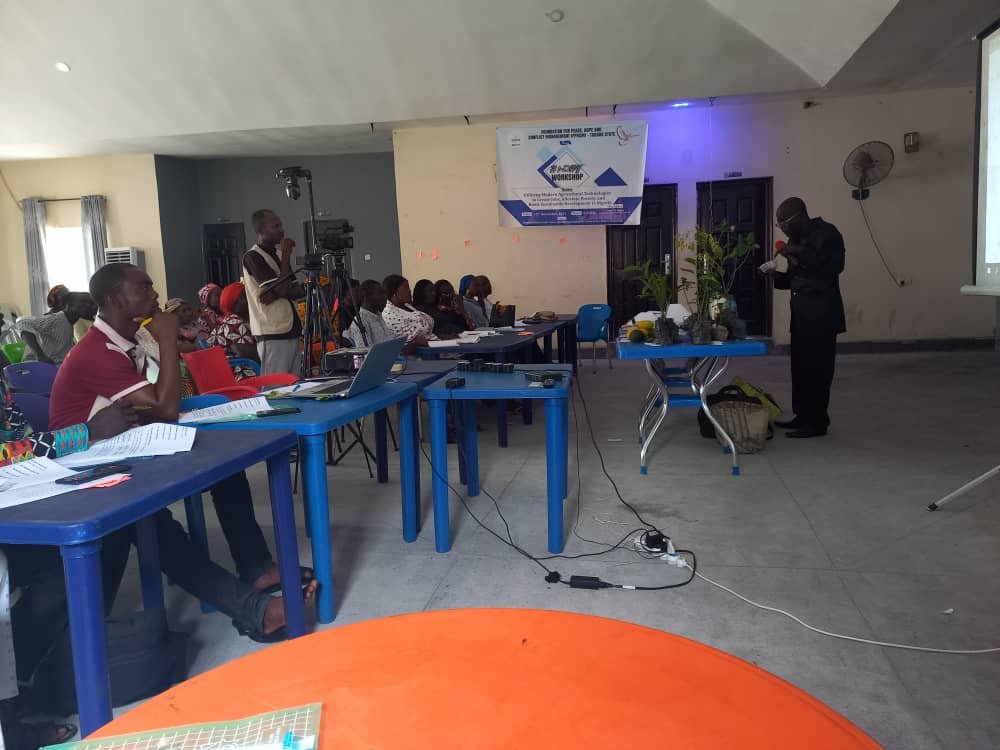
Workshop on Utilizing Modern Agricultural Technologies
Agricultural technologies are result/findings obtained from agricultural research institutes
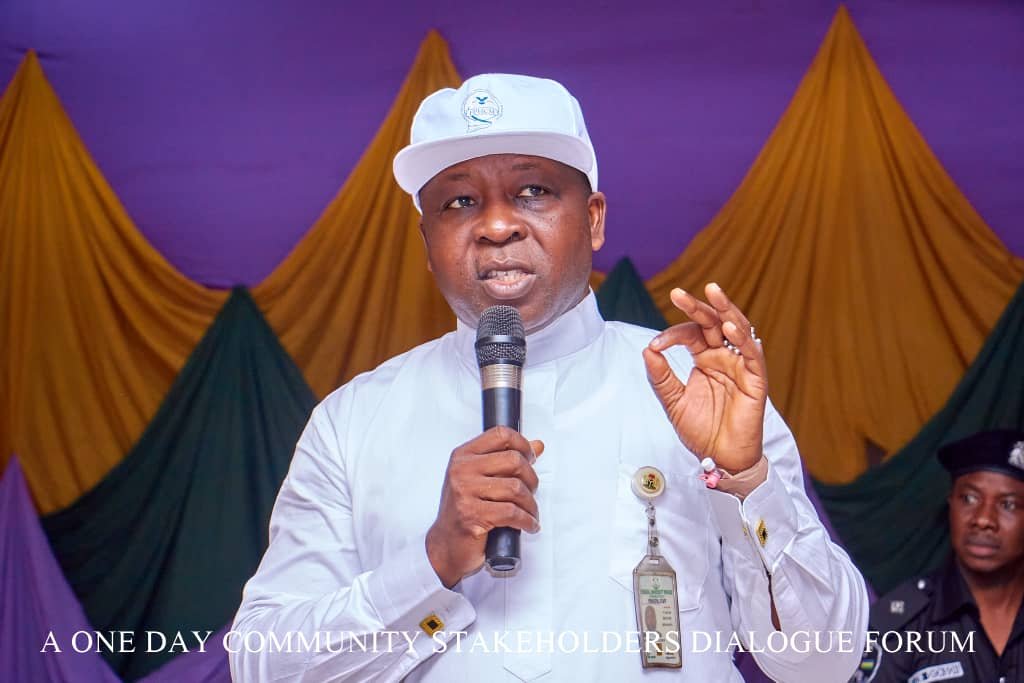
One-Day Community Stakeholders Forum
The International Day of Peace began in 1981 through Resolution 36/37 by the United Nations General Assembly
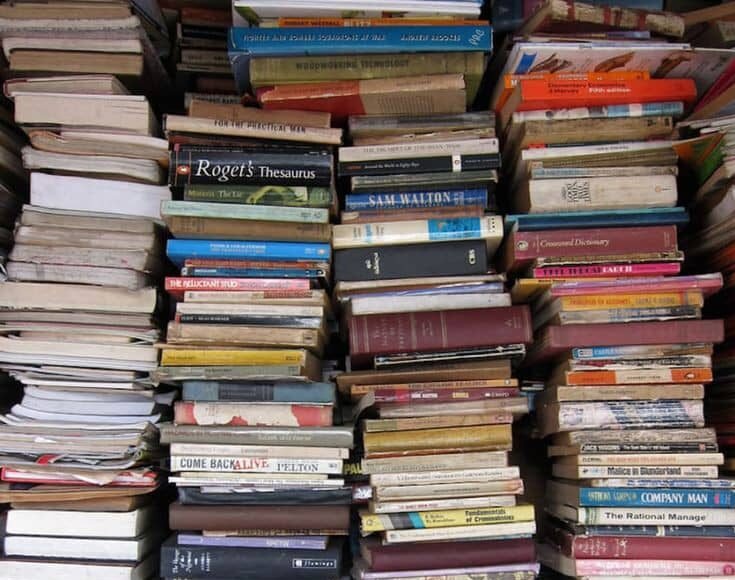
The Zero Illiteracy Project (Zip)
The Zero Illiteracy Project (ZIP), seeks to reduce mass illiteracy in society
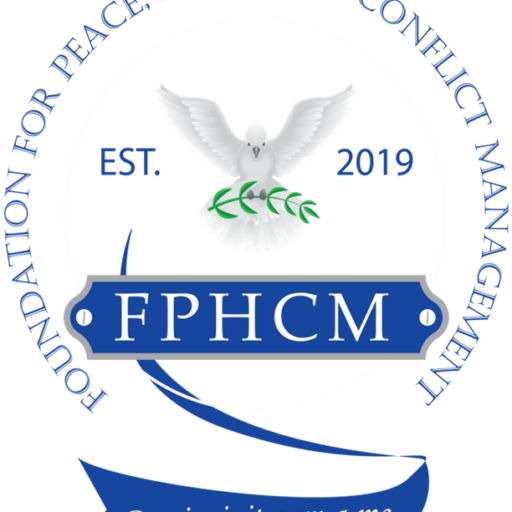
National Day of Mourning (NDOM2020)
The Foundation for Peace, Hope, and Conflict Management (FPHCM), in partnership with Global Rights